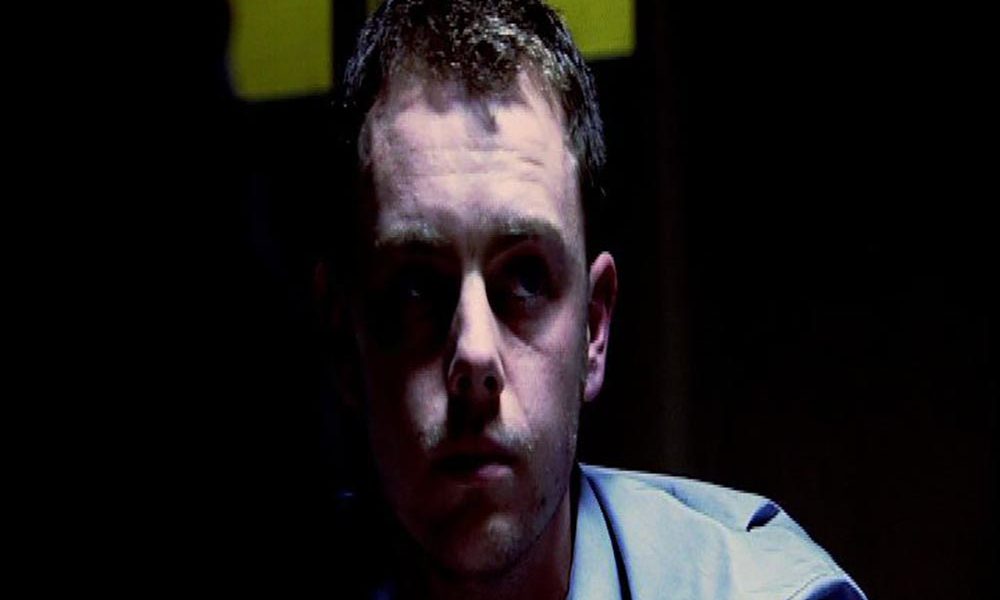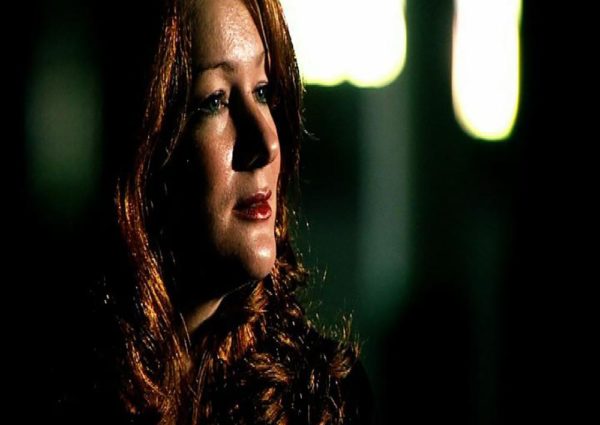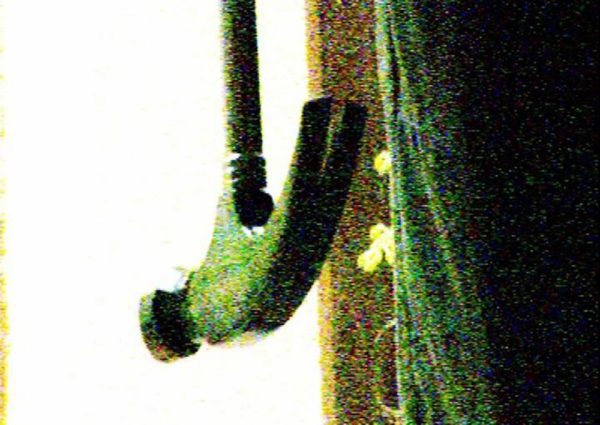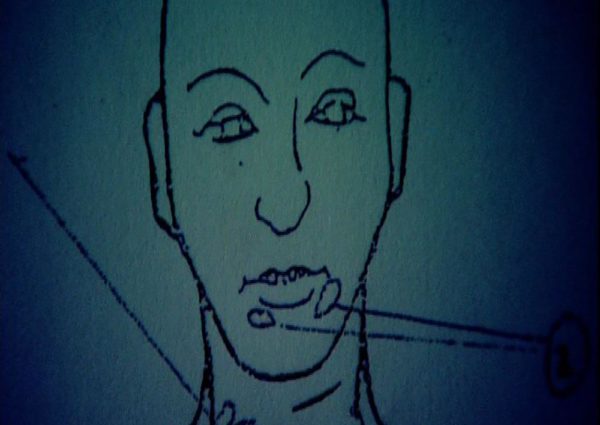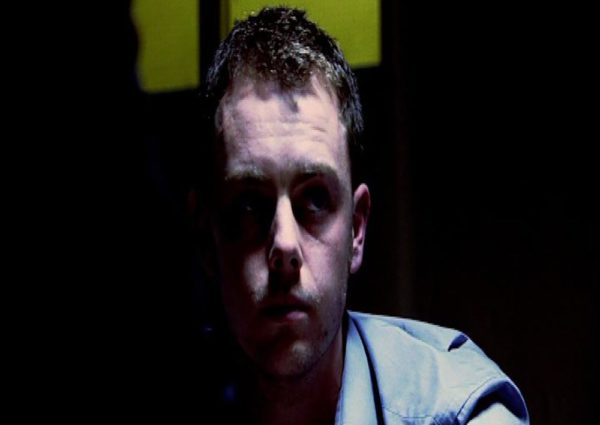Killing Mum & Dad: Blackwell, the straight ‘A’ killer
Sky One
“Diligent research . . alleviate fears of sensationalism.” – The Times
Reviews
A new four-part series looking at infamous acts of patricide begins with an examination of the case of Brian Blackwell. The Merseyside teen kept up a pretence of normality for weeks after killing his parents with a hammer in 2004, even taking his unwitting girlfriend on a lavish holiday. Interviews with prosecution and defence team members, a forensic psychologist and neighbours (he was a quiet lad who kept himself to himself, surprisingly enough) emphasise diligent research and alleviate fears of sensationalism that a reliance on reconstructions seems to herald. But this is still a grisly and thoroughly depressing hour’s viewing.
Brian Blackwell appeared to be the perfect son. Described as an ‘exceptional student’. the privately educated 18-year-old led a privileged existence, coutesy of his doting parents. But one Sunday night in Merseyside in 2004, Brian brutally murdered his mother, Jacqueline, and father, Brian senior, with a hammer and a knife. The opening episode of this four-part series examines what pushed Brian to kill his own flesh and blood. We discover that the teenager was suffering from narcissistic personality disorder, which caused him to believe that he was entitled to anything he wanted and fly into uncontrollable rages if he was challenged. Could a combination of his condition and his parents’ devotion bring about tragedy?
“They were the perfect family,” says a neighbour, but then that so often seems to have been the case after a horrific family killing has been committed. In September 2004, 18-year-old Brian Blackwell bludgeoned and stabbed his mother and father to death at their home on Merseyside – and then went on a six-week spending spree to the States with his girlfriend. In a tale of greed and indulgence , this unnerving documentary paints a picture of an “exceptional student” who was given everything by his doting parents. He had gone on to develop what is termed as “narcissistic personality disorder”. The programme pieces together the story, with contributions from people who worked on the case (it led to Blackwell being jailed for life last year). It also tries to discover his motive – something he has never revealed.
Despite its flippant, crude title, this first of four films investigating notorious cases of parricide may be flawed but is certainly not dull. The story begins with an item on a local TV news station in September 2004 about the discovery of two bodies in a house on the edge of Merseyside.
The deceased were Brian and Jackie Blackwell, an ordinary middle-aged couple, but a few grim details set this apart from a common-or-garden double murder. First, this was no fresh murder scene. The Blackwells had not been seen for six weeks and two neighbours who had been keeping an eye on the place – the Blackwells were believed to have been on holiday – noticed, first of all, a “funny, musty smell” and then an increasing number of flies in and around the place. They became so numerous that one neighbour, peering through a window, first mistook for a rug what was in fact a writhing mass of bluebottles.
The police soon determined first that the Blackwells had been dead for a long time – about six weeks – and second that the killer was their only child, Brian. We hear from no friends or relatives of the Blackwells but the neighbours suggest, initially at least, that the Blackwells were a regular family. Yet, judging from the evidence in this film, Brian Blackwell was patently a Walter Mitty character whose fantasy world, created largely it seems for the benefit of his credulous girlfriend and in which he had reinvented himself as a well-off semi-professional tennis player, was about to implode at the time of the killings. We gain a decent insight into how the murder trial progressed but we learn too little about the Blackwells themselves.
Brian Blackwell was, controversially according to one expert, diagnosed as suffering from narcissistic personality disorder and you may find yourself wishing that Kerry Daynes, the consultant forensic psychologist who dealt with him, had delivered her opinions to the camera with slightly less relish. You may also wonder why the production team did not advise one of the Blackwells’ neighbours simply to give his mouth a wipe before his interview. It is not a pretty sight but, then, nothing in this film is.

